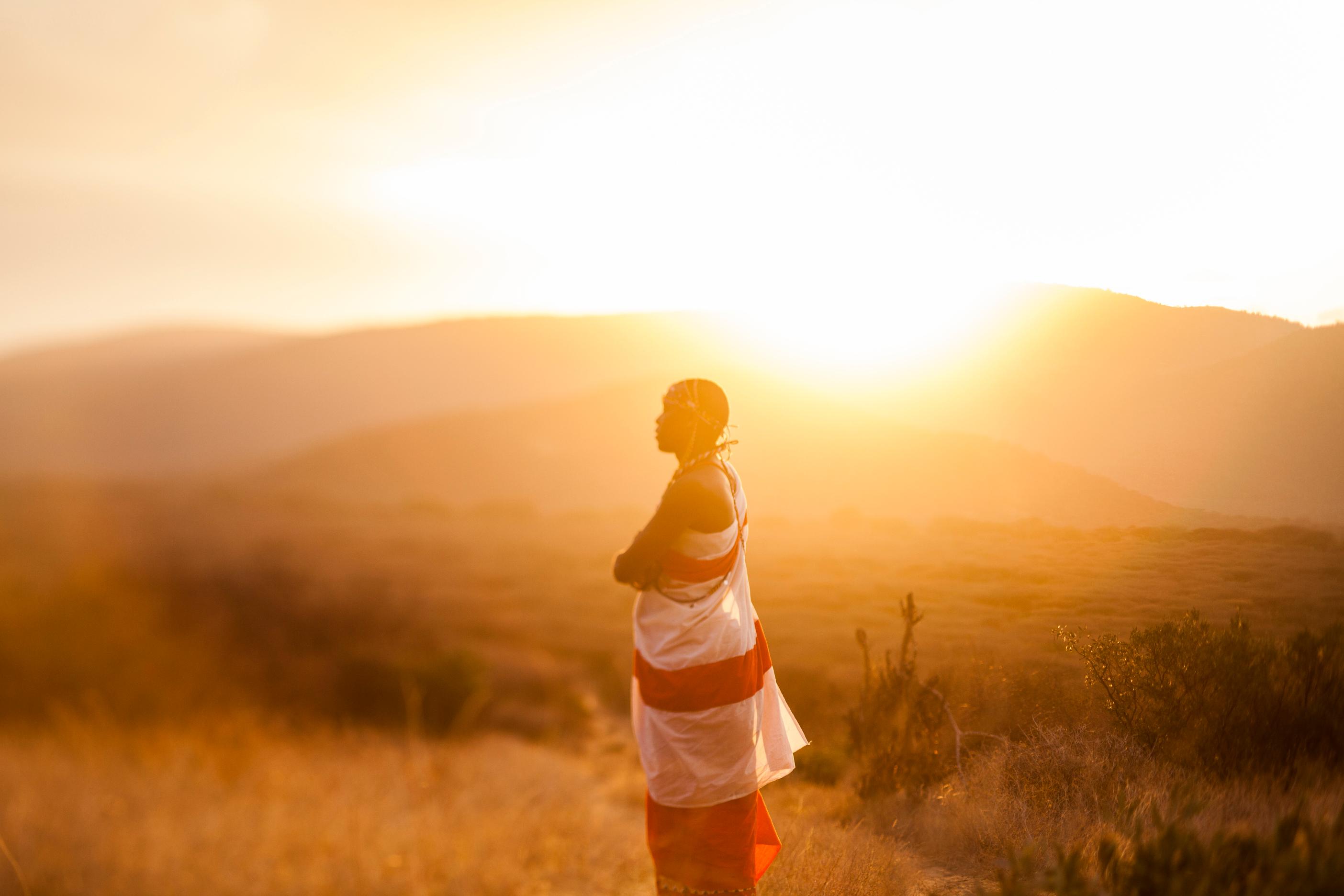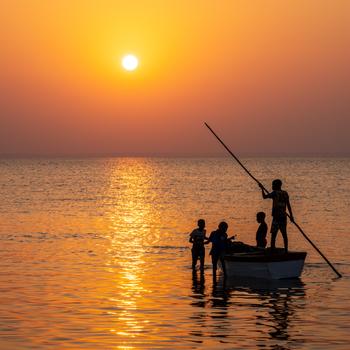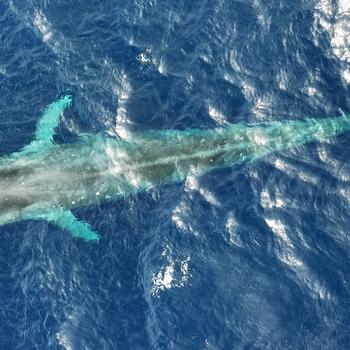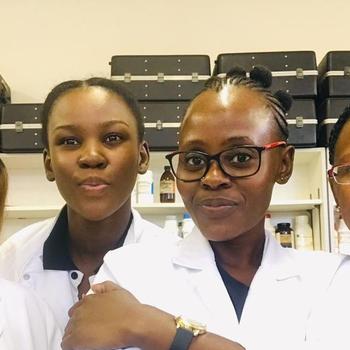Editor’s note: Today marks the last day of the United Nations conference on indigenous issues in New York, a session that marks the 10th anniversary of the UN Declaration on the Rights of Indigenous Peoples. While this historic milestone affirmed indigenous peoples’ rights on a global scale for the first time, the world’s indigenous groups — stewards of nearly a quarter of Earth’s land and the vast majority of its wildlife — still face critical challenges.
With that in mind, Conservation International helped create an Indigenous Advisory Group to collaborate directly with global indigenous leaders in strengthening conservation efforts alongside the communities that rely on nature the most. At a recent meeting of the group, Human Nature sat down with six experts — including Joenia Wapichana, Brazil’s first indigenous lawyer — to get their perspectives on indigenous-centered conservation.
Question: What is the greatest conservation challenge facing indigenous peoples today?
Ole Kaunga, Kenya: Right now, there’s a lot of conflict between conserved areas and access to resources for cultural and traditional reasons. In order to be complementary and not competitive, conservation needs to strike a critical balance between indigenous rights to natural resources and conservation. We need community-led and -owned initiatives to reduce conflicts and dispel the notion that conservation is a way to dispossess people of their lands.
Kittisak Rattanakrajangsri, Thailand: Indigenous peoples play a key role in conservation work, but this important role isn’t recognized by government laws and policies.
Kevin Iro, Cook Islands: In the Cook Islands, every sector of our society, including government, is made up of indigenous peoples, so we haven’t been ostracized or put in a different box. The rights and structure of our traditional leadership is being eroded over the years due to the Westernizing of our country, and the voices of indigenous leaders haven’t been heard as they should. Our traditional leaders view conservation from the perspective of our forefathers, who considered the whole ocean sacred. Perhaps we flip how we think about modern-day conservation. Normally, we look at an oceanscape and say, “Show us your conservation areas.” Instead, let’s look at the whole ocean as a conservation area, and people should then ask us, “Where are your areas of industry?”
Akosita Rokomate, Fiji: It’s a challenge to develop sustainably while preserving traditional ways of life. We need to be able to compete economically with the rest of the fast-paced world without destroying the natural resources we rely on to survive.
Joenia Wapichana, Brazil: Indigenous peoples need governments to officially recognize indigenous territory. They also need opportunities to develop natural resources and be a part of the process. Especially in agrobusiness, there is a need not just to recognize indigenous rights, but to take responsibly for respecting and implementing rights.
Q: What is the biggest conservation gain indigenous peoples have made in the past year?
Ole Kaunga, Kenya: In places in Africa and Kenya where indigenous people participate in conservation, as compared to government-led conservation initiatives, they have experienced a number of gains. Through partnership-based conservation, they can make money off of their land while ensuring it remains intact, leading to improved incomes and livelihoods while preserving cultural traditions. Conservation can only be sustainable when people take the lead.
Kittisak Rattanakrajangsri, Thailand: We’ve gained a lot from international advocacy — even the Paris climate agreement includes indigenous rights in its preamble. What’s challenging is how to translate this progress into action at home on the local level, where we need to make sure indigenous communities can voice their concerns and fully participate in policy discussions.
Kevin Iro, Cook Islands: We’ve been able to travel to our farthest-flung islands to raise awareness and educate people about indigenous rights. We’re asking communities if they’d consider creating ocean conservation areas beyond what they can see. It has opened the eyes of indigenous leaders, who want to know about extractive activities and potential industries happening in our waters like deep-sea mining. They want transparency so they can make informed decisions about areas beyond their usual jurisdictions.
What do you want Westerners to know about indigenous peoples?
Ole Kaunga, Kenya: Indigenous people are people — they are human beings. They are not tourist attractions and they are not primitive; they are living in cultures close to nature and expending a lot of effort to make sure they’re using natural resources in a sustainable way.
David James, Guyana: I faced a lot of discrimination as a youth attending school in the capital, where not many indigenous people were. It’s important that people try to understand the philosophy of indigenous peoples and how they see the world.
Kittisak Rattanakrajangsri, Thailand: For those who doubt, the rights laid out for indigenous peoples aren’t special, they’re basic — we need them for survival, we need them to be recognized.
Kevin Iro, Cook Islands: If you’re a Cook Islander, you know the ocean is the lifeblood of your existence, so people should understand the fundamental connection that indigenous peoples have with the environment. Our kids are in danger of losing that connection, and we want them to grow up understanding there’s also a living to be made in the Cook Islands as marine biologists, engineers and more — it’s not just about conservation, but having Cook Islanders engaged in wisely using the ocean’s resources.
Joenia Wapichana, Brazil: Indigenous peoples were once invisible to some societies. People should understand why we want to be visible and have a voice, why we’re asking to participate more in the international process, so they can support improvements. We can make a difference through land conservation, but we need legal land ownership.
Leah Duran is a staff writer for CI.
Further reading



